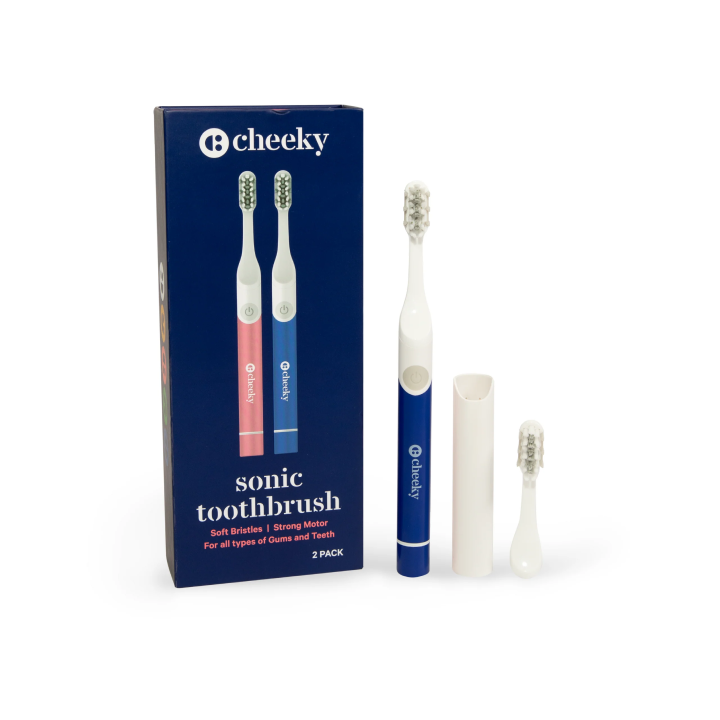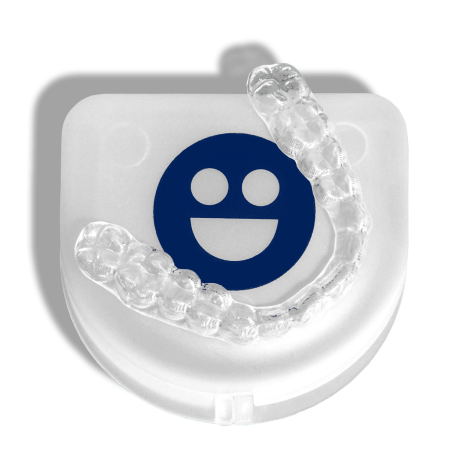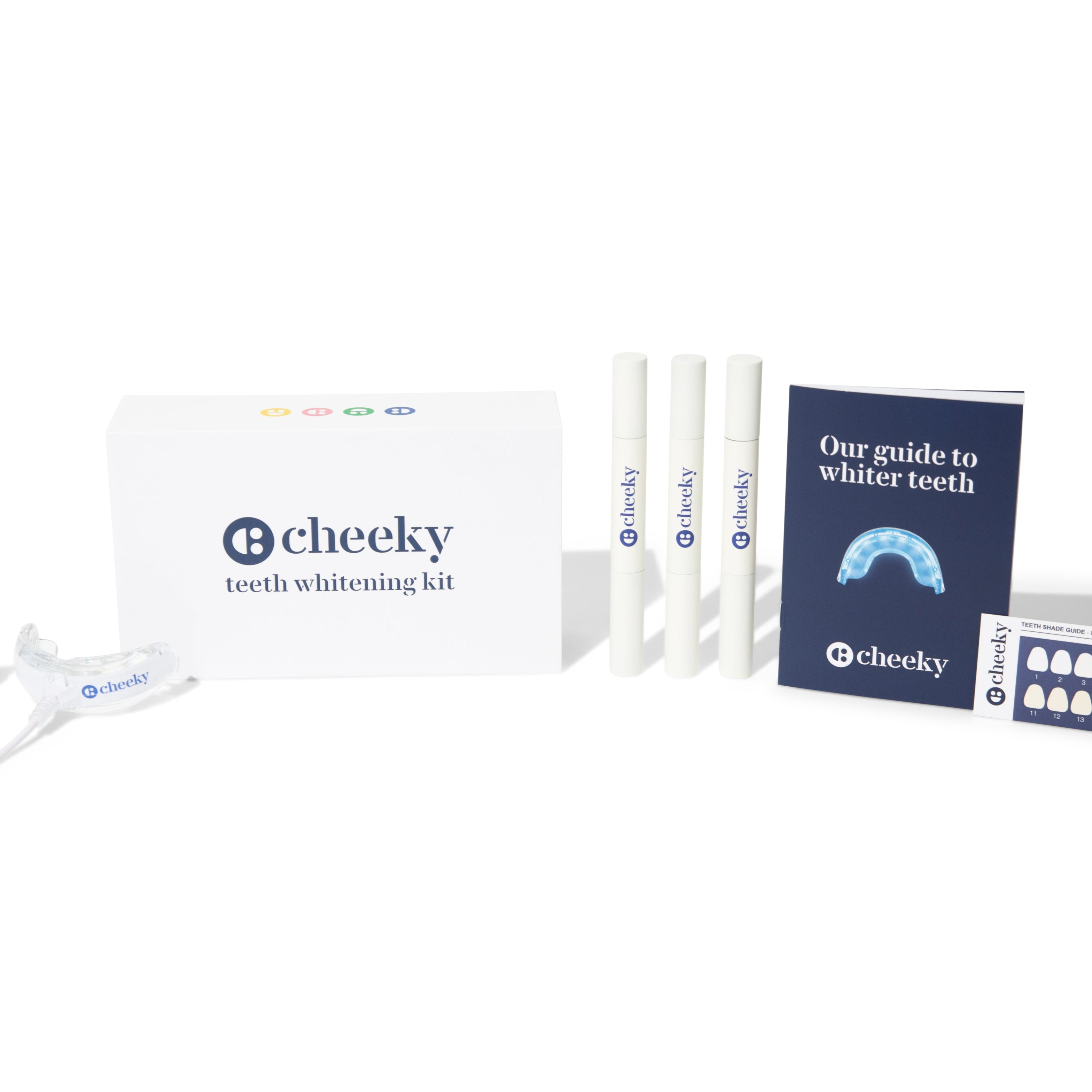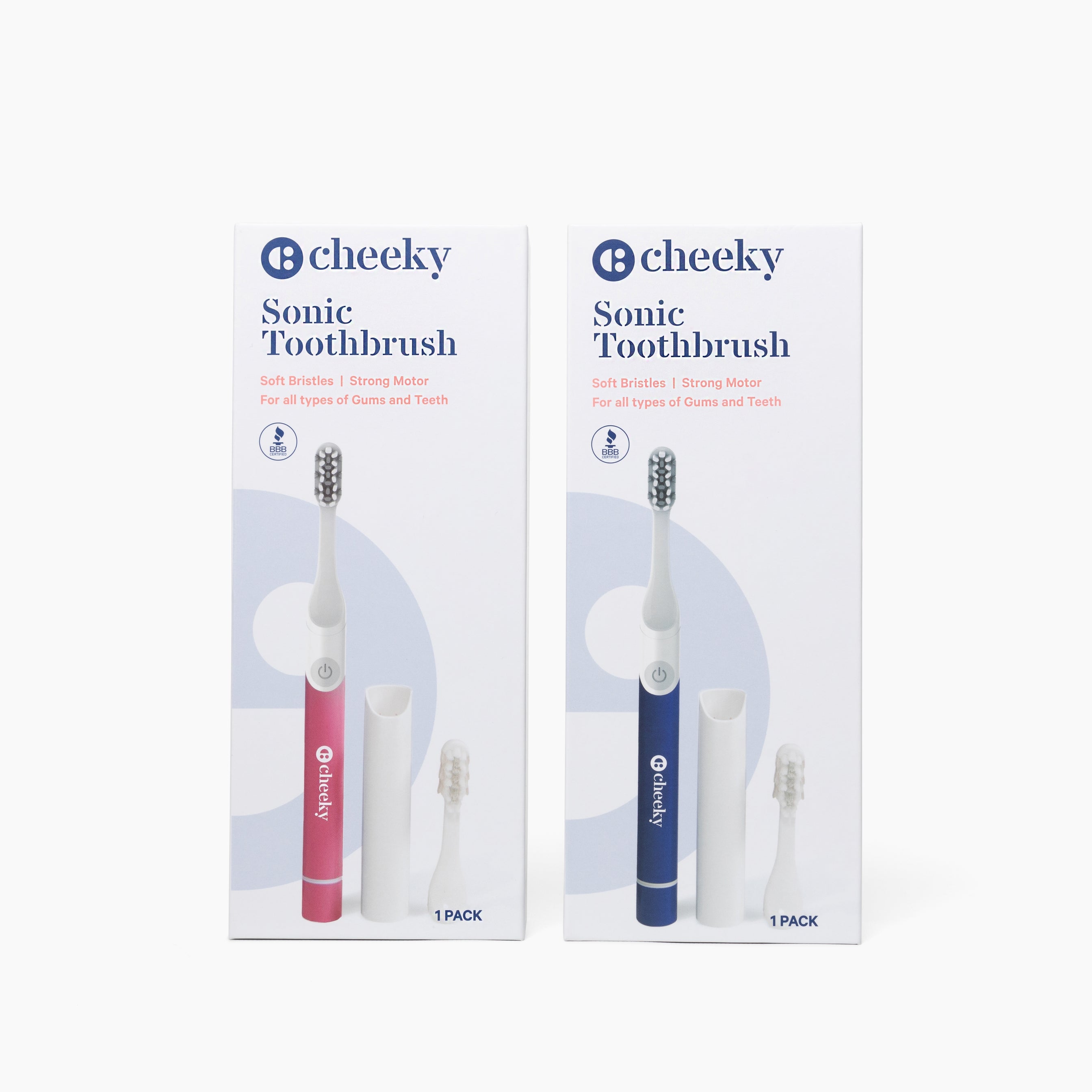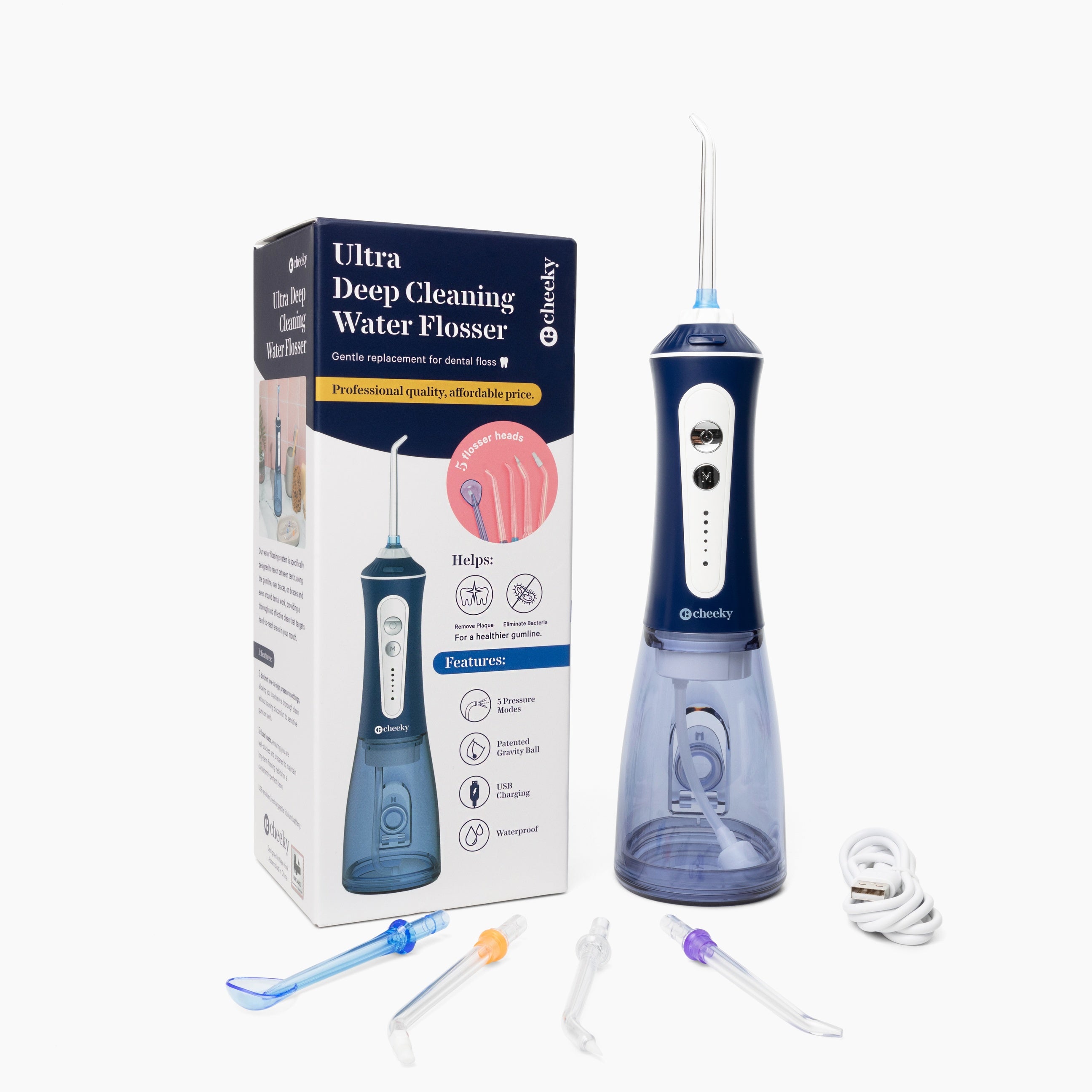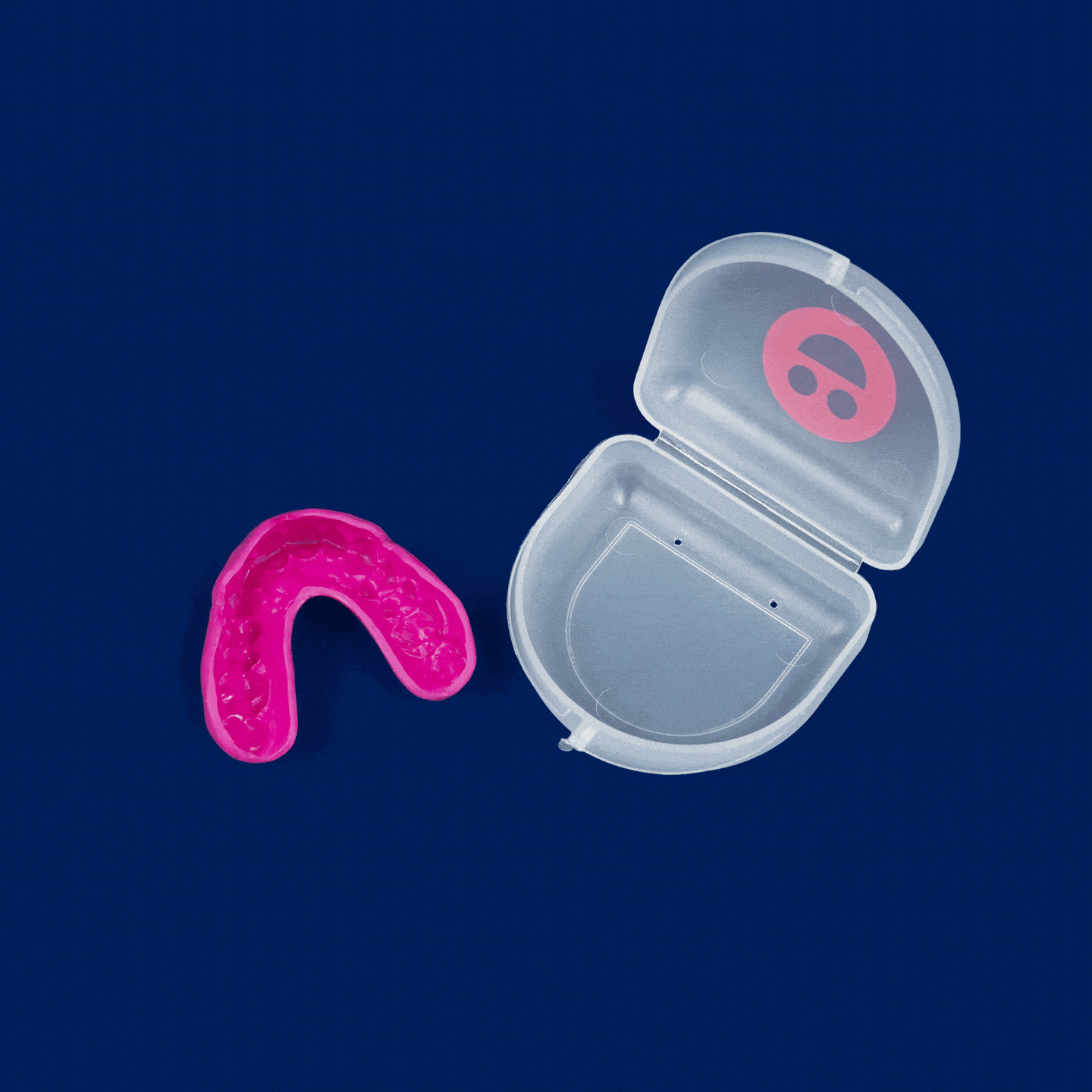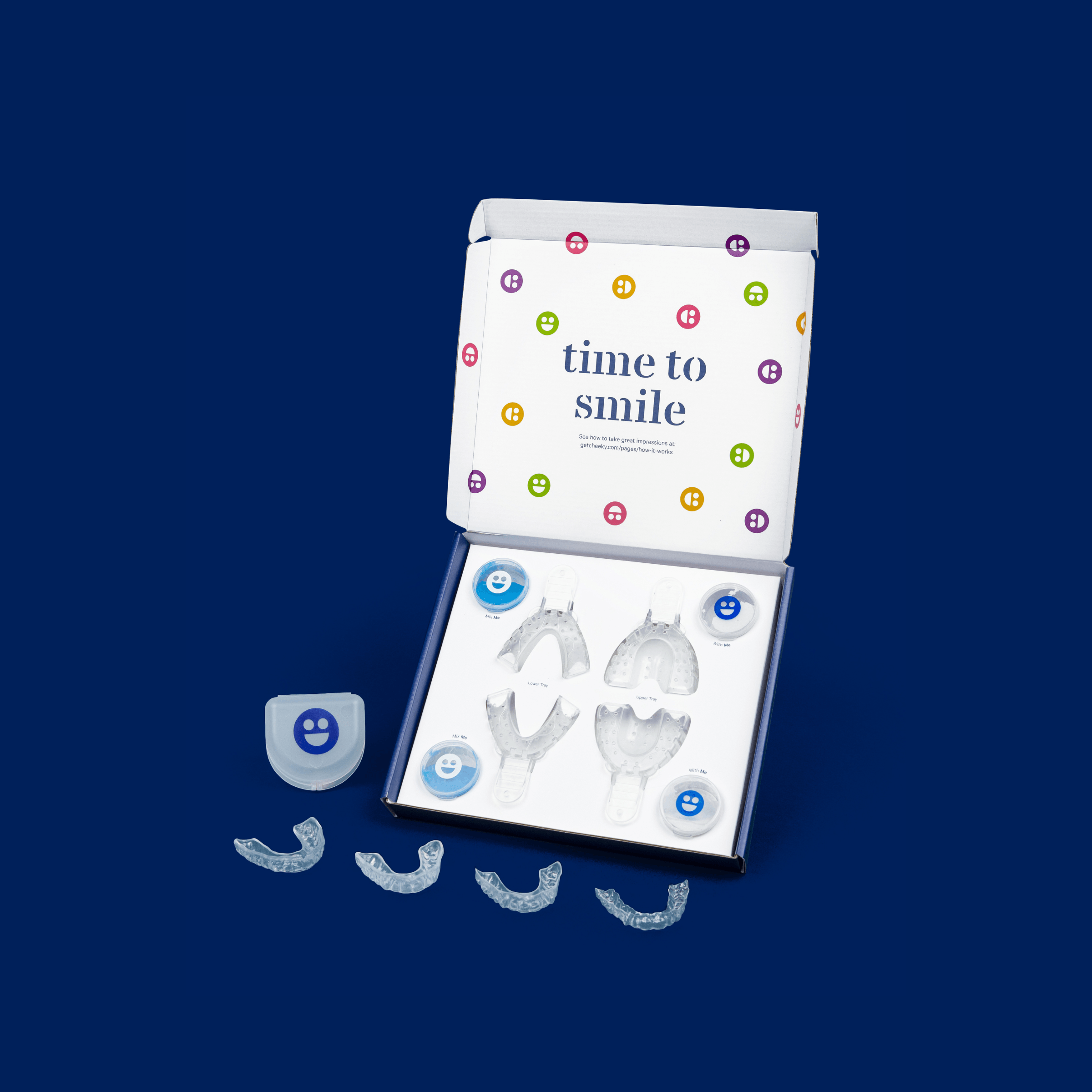What Is a Mouth Guard? Everything You Need to Know to Protect Your Smile

A smile is considered one of your biggest assets, and taking care of it means getting the right tools to keep your teeth straight and shiny. One of the most underutilized oral care tools is the mouth guard. If you grind your teeth at night, play contact sports, or suffer from sleep apnea, a mouth guard is a comfortable way to protect your teeth from damage.
A mouth guard cushions the teeth and jaws to help minimize the risk of dental injuries and treat various health concerns. In this post, we look at the different types, who needs them, how to choose the best one, and why custom mouth guards could transform your smile.

What Is a Mouth Guard?
A mouthguard is a protective device worn over the teeth, gums, and sometimes the jaw to prevent dental trauma or injury from sports, teeth grinding, and other sleep disorders. It absorbs the grinding force that would otherwise lead to a chipped, fractured, or knocked-out tooth.
While a mouth guard is normally used during sports, its application covers many other health conditions, including:
-
Preventing damage from teeth grinding (bruxism)
-
Addressing obstructive sleep apnea by repositioning the jaw
-
Protecting the upper or lower teeth from dental injury caused by accidents or high-risk situations.
In all instances, a well-fitted mouthguard supports better oral health by keeping your top and bottom teeth safe, absorbing pressure, and minimizing tooth wear or injury.
The American Dental Association recommends a properly fitted mouthguard for many sports and sleep conditions. From preventing soft-tissue injuries to maintaining dental alignment after braces, this simple tool is the best way to protect your teeth and gums.

Who Should Use a Mouth Guard?
You should wear a mouth guard if you:
-
Face a high fall risk. For example, children or people with medical conditions that increase the likelihood of falls should use a mouth guard.
-
Grind or clench your teeth during sleep. A mouth guard prevents bruxism from wearing down enamel and causing jaw pain.
-
Play contact sports like ice skating, rugby, football, or boxing. A mouth guard can help prevent broken teeth, knocked-out teeth, cuts, soreness, or indentations on the lips, tongue, and gums.
-
Have sleep apnea or other sleep disorders. A specialized type of mouth guard, like a Mandibular Advancement Device (MAD), can keep your airway open at night.
-
Wear braces or have dental restorations. Mouth guards help protect expensive dental work and support your oral health during recovery.

Types of Mouthguards
The following are some of the types of mouthguards available today and what they're best for.
1. Stock Mouth Guards
-
Pre-formed and ready to wear straight from the package.
-
Available in most sporting goods stores.
-
Usually the cheapest, but they tend to fit poorly, feel uncomfortable, and offer limited protection.
-
Often bulky, and may make breathing or talking difficult.
2. Boil and Bite Mouth Guards
-
Made from thermoplastic material.
-
An upgrade from stock guards in terms of fit.
-
You soften them in hot water, then place them in your mouth to shape around your upper or lower teeth.
-
Accessible at pharmacies and sporting goods stores.
-
A decent choice for short-term use, but they fit poorly if you don't mold them properly.
3. Custom Mouth Guards
-
Great for people with braces, TMJ issues, or chronic teeth grinding.
-
Made in a dental lab from impressions of your upper teeth, lower teeth, or both.
-
Provide the best protection and are the most comfortable option.
-
It’s designed as a custom-fitted mouthguard with precise alignment.
Cheeky provides an affordable at-home version of the custom-fitted mouth guards, similar to those made by a dentist, shipped right to your door. They offer several types of mouthguards for different purposes. Here are some of them:
-
A night guard to combat nighttime jaw pain and sleep disorders.
-
Athletic sport guard for high-contact sports like ice hockey, rugby, or football.
-
A mouth retainer to keep your teeth straight after orthodontic braces.
Mouth Guards vs. Night Guards: What's the Difference?
It’s easy to confuse a mouth guard with a night guard. While the terms are commonly used interchangeably, they serve different purposes.
-
A mouth guard is generally used during activities where there's a risk of impact, such as sports. Its main goal is to protect against dental and soft-tissue injuries.
-
A night guard is a type of mouth guard designed specifically to prevent teeth grinding and jaw clenching while you sleep. It helps reduce jaw pain, prevent chipped teeth, and may even eliminate morning headaches.
Both can be custom-fitted or store-bought, but for the best comfort and protection, dentists often recommend custom mouthguards.

Conditions Treated with Mouth Guards
Mouth guards can help manage the following issues:
-
Sports Injuries: Mouth guards help prevent broken or chipped teeth, soft-tissue injuries, and more during physical activity.
-
Teeth Grinding (Bruxism): A night guard will absorb the grinding forces to protect your top and bottom teeth from wearing down.
-
TMJ Disorders: Custom guards decrease stress on the jaw joint and help alleviate pain while improving function.
-
Obstructive Sleep Apnea: Specialized mouth guards for treating sleep apnea, such as Mandibular Advancement Devices (MADs), reposition the jaw and tongue to open the airway.

Choosing the Right Mouth Guard
When choosing a mouth guard, consider the following:
-
Your Specific Condition: Is it for contact sports, sleep apnea, or teeth grinding?
-
Comfort and Fit: For everyday, consider a custom-fitted option to maintain your dental alignment. Ill-fitting guards are uncomfortable and can interfere with your tooth alignment.
-
Budget: Although store-bought mouth guards are more affordable, they often need necessary adjustments to fit your teeth.
If you’re not sure where to start, go for a custom-fitted mouthguard. At Cheeky, our custom mouth guards are molded after your dental impressions to fit your top or bottom teeth with utmost precision.

Taking Care of Your Custom-Made Mouth Guard
A custom-made mouthguard is only effective when you keep it clean and in good shape. Here are some of the best practices:
-
Rinse your mouth guard with cool water or soapy water after every use
-
Gently brush it with toothpaste to remove any plaque buildup
-
Let it air dry completely before storing
-
Avoid extreme heat or direct sunlight, especially with boil-and-bite types
-
Store it in a vented plastic case to prevent bacteria
-
Replace it if worn, cracked, or warped
Also, don't forget to bring it to your regular dental checkups for the dentist to make sure it fits well.
Frequently Asked Questions
What Is the Difference Between a Dental Guard and a Mouth Guard?
People often confuse a dental guard and a mouth guard, since both are very similar but serve different functions. A mouth guard is designed to protect against injury, for example, during high-contact sports like football, rugby, or ice skating. On the other hand, a dental guard is primarily used to prevent teeth grinding (bruxism) and jaw clenching during sleep. It may also help solve TMJ issues and is generally worn at night.
Will a Mouth Guard Stop Jaw Clenching?
While it can't stop clenching, a mouth guard can help reduce the damage from this habit. It works by creating a barrier between your upper and lower arch teeth to prevent grinding or clenching. This reduces the tension in your jaw muscles and teeth and saves them from damage caused by continued pressure. Dentists highly recommend a custom mouth guard for clenching to ensure optimal comfort and efficiency.
What Are the Disadvantages of a Mouthguard?
While mouth guards provide many benefits, they do have some potential disadvantages:
-
Some people experience difficulty breathing or talking with a mouth guard, especially if it doesn't fit properly.
-
Both stock mouthguards and boil-and-bite mouthguards can be uncomfortable and less effective.
-
Dental putty or heating and shaping can cause minor inconvenience with certain types of boil-and-bite mouthguards.
However, the benefits of a mouth guard outweigh the downsides, especially when you choose a custom-fitted mouth guard for comfort and protection.
What Is The Root Cause of Teeth Grinding and Jaw Clenching?
Many causes trigger teeth grinding. The following are some of the common risk factors:
-
Stress and Anxiety: The emotional tension primarily causes teeth grinding and jaw clenching, especially at night.
-
Misaligned Teeth or Bite Issues: If your teeth don’t align properly, you might clench or grind them unintentionally.
-
Sleep Disorders: Conditions like sleep apnea cause involuntary clenching or grinding while you sleep.
-
High Risk of Injury: People with certain medical conditions or individuals involved in high-risk sports may also experience increased pressure on the jaw.
What Are the Signs that I Need a Mouth Guard?
If you experience any of the following symptoms, you may benefit from wearing a mouth guard:
-
Morning headaches, sore jaw, or jaw pain after waking up.
-
Teeth grinding or clenching during sleep.
-
Chipped teeth or worn enamel.
-
Pain or discomfort while chewing.
-
You're involved in physical contact sports while continuing education, like high school football players, or are exposed to other sports-related injuries.
-
You have TMJ disorders or sleep apnea.
If you notice any of these signs, consider a custom mouth guard to help reduce injury and prevent further damage.
Final Thoughts
A mouthguard is an essential piece for preventing oral health issues, especially if you grind your teeth at night, play sports, or have sleep apnea. It can protect your teeth from further damage and relieve jaw pain, helping you address some of the underlying sleep disorders.
Cheeky makes it really easy for you to get your custom mouth guard from the comfort of your home. No dental visits are required. It's the easiest way to protect your mouth and improve your sleep with dentist-quality materials, free at-home impressions, and fast delivery.


